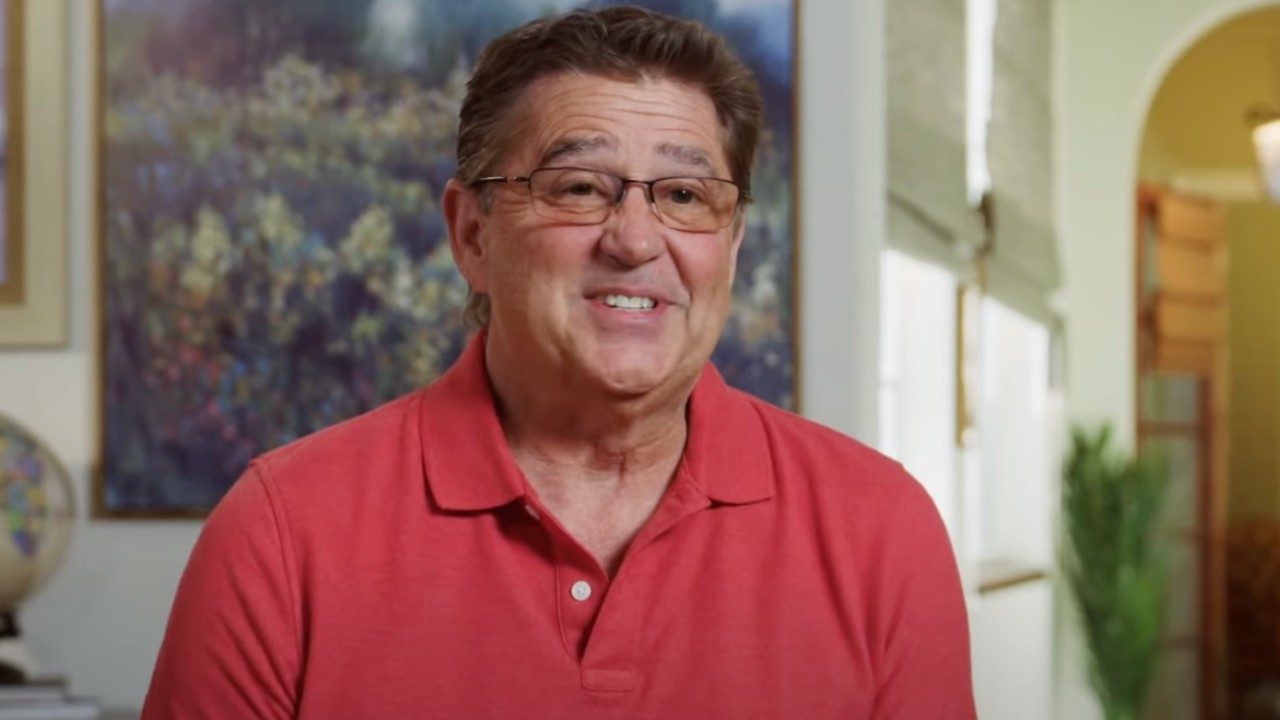There are movies whose worlds seem so lush and lively that you just want to crawl into them and live there forever. Wes Anderson's The Grand Budapest Hotel is now chief among them for me. The world within this whimsical adventure is so fully realized--from its dedicatedly detailed sets to its tenderly crafted characters, playful score and candy-colored palette--that they pull the viewer into a rich and welcoming delirium, one that's heartbreaking to leave when the credits roll.
Anderson's eighth film is by far his most ambitious. Aside from an ensemble cast that continues to grow, he also takes on the murder mystery genre, offering a childlike sense of mayhem. Plus, he maneuvers through three time periods to tell the rollicking and wild story of Gustave H, concierge of the titular hotel as well as one of the most fascinating heroes Anderson has yet created.
Through the recollections of an acclaimed author (Tom Wilkinson) in 1985, the audience is introduced to The Grand Budapest Hotel in 1968, when it was in a state of disrepair. There, the young writer (Jude Law) meets Mr. Moustafa (F. Murray Abraham), a genial old fellow who unfolds the story of how he came to own this crumbling but once great palace.
From here, we're swept back to 1932, when the European nation of Zubrowka was on the brink of war. The Grand Budapest Hotel was a glorious resort, and a young Zero Moustafa (Tony Revolori) was just a lobby boy under the great Gustave (Ralph Fiennes). Their adventure begins when an octogenarian lover/guest of Gustave's dies under mysterious circumstances, and the eccentric concierge becomes the prime suspect.
As you may have figured from the described plot, The Grand Budapest Hotel has a pretty grand breadth to its storytelling. Yet, it feels as intimately told as Anderson's previous films, predominantly because it keeps its focus to the bond that blossoms between Zero and Gustave. The interplay between Fiennes and Revolori is extraordinary, full of lightness and pitch-perfect comedic timing. It harkens back to Bill Murray and Jason Schwartzman's chemistry in Rushmore, though this onscreen relationship is less barbed than theirs was.
Revolori is more or less an unknown, but he handles Anderson's signature performance style with an ease that makes him a perfect conduit for the audience. Fiennes is another inspired addition to Anderson's growing repertoire. Gustave is a man of contradictions, being both taciturn and tender, classy yet crass. He's just as likely to spout out poetry as he is a stream of curse words that would make a sailor blush. And Fiennes blends all these qualities into an anti-hero who is both ridiculous and relatable. It's a delicate feat he manages, with deft panache.
The supporting cast--packed with standouts Adrien Brody, Willem Dafoe, Jeff Goldblum, Harvey Keitel, Bill Murray, Tilda Swinton, and Saoirse Ronan--is likewise on point, embracing this warm-hued world and its wondrous peculiarities. Every nook and cranny of the movie feels meticulously considered, from the rapid-fire banter reminiscent of Hollywood's Golden Age comedies, to the luscious sets, and thoughtful character moments. The plot raced by with the speed of a downhill skier. I was never lost, but nearly breathless at all the details rushing by. It made me crave seeing the movie again, instantly.
It's astounding. There is such a preciseness to Anderson's work here, yet The Grand Budapest Hotel doesn't feel fussy or precious. Camera moves--like his trademark tracking shots--unfurl with an awe-striking ease. Set pieces that are clearly models are never distracting, but endearing and fitting of the nostalgic tone. Performances that would seem silly in any other context play perfectly and powerfully here. There's a true elegance and pleasant self-awareness to The Grand Budapest Hotel that fans of the filmmaker will absolutely gush over. In some sense it feels like the natural fruition of his films thus far, combining his preferred pink hues with a sweet but dark tale, peppered with his preferred players, and delivering a bittersweet message along with an enchanting soundtrack. Then he tops it off with a deeper cut into darkness, fitting of a murder mystery tale.
All in all, The Grand Budapest hotel is imaginative, charming and wonderfully funny. It's sure to become one of Anderson's most beloved narratives.
Staff writer at CinemaBlend.












